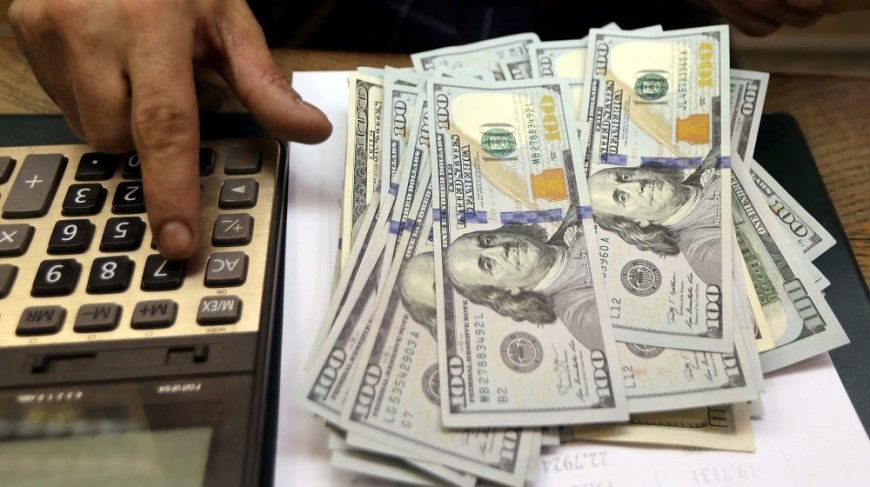Foreign Investors Pull $1.7B from Pakistan
In a development that has raised eyebrows within economic and financial circles, foreign investors have repatriated a staggering $1.7 billion in profits from Pakistan during the first nine months of the fiscal year 2024-25, according to the State Bank of Pakistan (SBP).

In a development that has sparked serious debate in financial and policy circles, foreign investors have repatriated an estimated $1.7 billion in profits from Pakistan during the first nine months of the fiscal year 2024–25, according to fresh data released by the State Bank of Pakistan (SBP).
The surge in outflows underscores growing unease among international investors over the country’s economic and political stability, posing renewed challenges for Pakistan’s fragile foreign exchange reserves and investment climate.
Key Highlights:
-
$1.7 billion sent abroad by foreign investors between July 2023 and March 2024
-
Highest outflows recorded in the services, IT, telecom, and financial sectors
-
Experts cite concerns over currency depreciation and policy instability
-
Outflow adds pressure to Pakistan’s already strained forex reserves
-
Economists call for structural reforms to restore investor confidence
Profit Repatriation and Investor Sentiment
Profit repatriation refers to the process through which foreign firms transfer profits earned in Pakistan back to their home countries. While this is standard global business practice, the sheer scale of recent repatriations has raised red flags among economists.
According to analysts, this level of capital outflow signals deep-seated issues within Pakistan’s investment ecosystem — including policy inconsistency, slow reform progress, and macroeconomic instability.
“It’s a reflection of the lack of investor confidence,” said Dr. Salman Shah, former Finance Minister. “If this continues, we risk not just capital flight, but a decline in future FDI inflows.”
Factors Behind the Surge
Several underlying challenges have contributed to the sharp increase in profit repatriation:
-
Currency Volatility: The frequent depreciation of the Pakistani rupee has made local earnings less valuable for foreign investors.
-
Political Instability: Policy uncertainty and changes in governance have shaken business confidence.
-
High Inflation: Rising operational costs have led firms to secure profits early.
-
Delayed Reforms: The government’s slow progress in implementing business-friendly reforms has dampened investor sentiment.
Economic Impact and Data Trends
Pakistan’s foreign exchange reserves, currently hovering near $8 billion, are under renewed strain due to the outflow. The situation could exacerbate challenges in external debt servicing and import financing.
Recent data reveals a downward trajectory in Foreign Direct Investment (FDI):
|
Fiscal Year |
FDI Inflows |
|
FY22 |
$2.6 billion |
|
FY23 |
$1.9 billion |
|
FY24 (9 months) |
$1.1 billion |
Economists warn that unless the trend reverses, Pakistan’s ability to attract long-term foreign investment may weaken further.
Experts Call for Reform
To address the crisis, analysts and industry leaders are urging the government to adopt a two-tier strategy:
Short-Term Measures:
-
Communicate clear, transparent economic policies
-
Fast-track reforms in taxation and regulations
-
Offer incentives for reinvestment of profits within Pakistan
Long-Term Strategy:
-
Strengthen investor protection laws
-
Ensure political stability and policy continuity
-
Invest in infrastructure and energy sectors
-
Deepen engagement with multilateral financial institutions
Government Response
Officials from the Finance Ministry have acknowledged the situation but expressed confidence in Pakistan’s recovery potential.
“We are working on a new investor protection policy,” said a senior ministry official. “Pakistan welcomes foreign investment, and we are committed to ensuring a conducive and predictable business environment.”
However, market observers caution that policy execution—not promises—will determine whether Pakistan can restore foreign investor trust.

 Ateeq Ur Rehman
Ateeq Ur Rehman